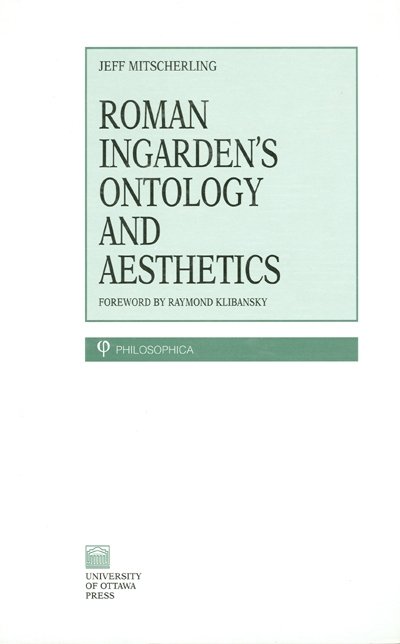Foucault and the Indefinite Work of Freedom
This work underscores the need to examine history philosophically, not only to better appreciate how it unfolds and relates to our own unfolding lives, but to better appreciate our free engagement in this changing world. Linking a conception of ourselves as free beings to the historical process was of central importance to the classical speculative philosophies of history of the nineteenth century, most notably Hegel’s. Michel Foucault’s work is often taken to be the antithesis of this kind of speculative approach.
This book argues that Foucault, on the contrary, like Hegel, sees freedom as tied to the self-movement of thought as it realizes and shapes the world. Unlike Hegel, however, he does not see in that self-movement the process of Spirit reconciling itself with the world and thereby realizing itself as freedom. Rather, he sees in the freedom at the core of the self-movement of thought a possible threat around which that movement consolidates itself and gives shape to the world.
Foucault’s work is therefore not a simple rejection of Hegel’s speculative philosophy of history, but rather an inversion of the manner in which history and freedom are related: for Hegel history realizes or actualizes the “idea” of freedom, whereas for Foucault freedom realizes or actualizes the “materiality” of history.
Published in English.
Réal Fillion has taught philosophy for almost 30 years and is Professor in the Department of Philosophy at the University of Sudbury, part of the Laurentian University Federation. He is the author of Multicultural Dynamics and the Ends of History: Exploring Kant, Hegel, and Marx and Foucault and the Indefinite Work of Freedom, both also published by the University of Ottawa Press.


